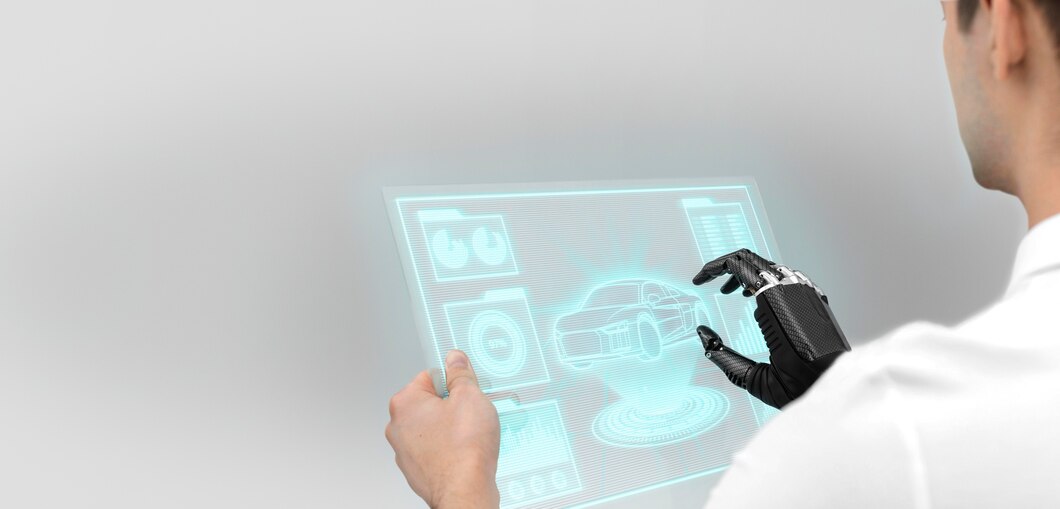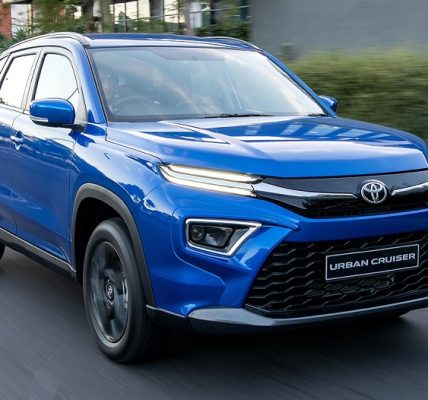The automotive industry, once synonymous with combustion engines and manual transmissions, has undergone a remarkable transformation in recent years. Technological advancements have infiltrated every aspect of the auto industry, ushering in an era of innovation, convenience, and sustainability. In this article, we will delve into the exciting auto industry trends regarding the use of technology that are shaping the future of transportation.
The Emergence of Electric Vehicles (EVs)
The shift towards electric vehicles (EVs) represents one of the most significant disruptions in the automotive industry. With increasing concern for environmental sustainability, automakers are racing to develop electric cars that are not only eco-friendly but also affordable and practical for everyday use.
Electric Vehicle Charging Infrastructure
The growth of EVs necessitates a robust charging infrastructure. Companies are investing heavily in building charging stations, making it easier for EV owners to recharge their vehicles conveniently.
Autonomous Driving: The Road to Self-Driving Cars
The dream of self-driving cars is becoming a reality. Advanced AI and sensor technologies are paving the way for autonomous vehicles that can navigate without human intervention. This trend has the potential to revolutionize transportation and make roads safer.
Safety Features and Collision Avoidance
Autonomous vehicles come equipped with sophisticated safety features, such as collision avoidance systems, adaptive cruise control, and lane-keeping assistance. These technologies aim to reduce accidents and save lives.
Connectivity and the Internet of Things (IoT)

Modern cars are more connected than ever before. The Internet of Things (IoT) has enabled vehicles to communicate with each other and with infrastructure, creating a network of smart cars that can share real-time data.
Enhanced Infotainment Systems
The integration of IoT allows for enhanced infotainment systems in vehicles. Passengers can stay connected, stream content, and enjoy a personalized in-car experience.
Sustainable Manufacturing Practices
Sustainability is a buzzword in the auto industry. Automakers are adopting eco-friendly manufacturing practices and materials to reduce their carbon footprint.
Electric Vehicle Batteries and Recycling
The production and disposal of EV batteries are being scrutinized. Companies are investing in recycling methods to minimize waste and promote a circular economy.
E-commerce and Car Buying
The way people buy cars is evolving rapidly. E-commerce platforms are emerging as a popular choice for car buyers, offering a hassle-free and transparent purchasing experience.
Virtual Showrooms and Test Drives
Virtual reality (VR) is being used to create immersive showrooms and test drive experiences. Customers can explore their dream cars from the comfort of their homes.
Green and Autonomous Public Transportation
Public transportation is also embracing technological advancements. Cities are investing in electric buses and autonomous shuttles to provide efficient and eco-friendly transit options.
Reduced Congestion and Emissions
Green public transportation aims to reduce traffic congestion and lower emissions, contributing to cleaner and more livable urban environments.
Cybersecurity Concerns
As vehicles become more connected, they also become susceptible to cyber threats. Automakers are focusing on cybersecurity measures to protect vehicles from hacking and data breaches.
Data Privacy and Protection
Protecting the data collected by vehicles is paramount. Manufacturers are implementing stringent data privacy policies and encryption techniques to safeguard customer information.
The Role of Artificial Intelligence (AI)

Artificial Intelligence is at the heart of many auto industry innovations. From self-driving algorithms to predictive maintenance, AI is driving efficiency and improving the overall driving experience.
Predictive Maintenance
AI can predict when a vehicle requires maintenance, reducing downtime and preventing unexpected breakdowns.
Conclusion
The auto industry is in the midst of a technological revolution. Electric vehicles, autonomous driving, connectivity, sustainability, and AI are just some of the trends reshaping the way we drive and think about transportation. As consumers, we can expect an exciting future filled with eco-friendly, convenient, and safe vehicles.
FAQs
- Are electric vehicles (EVs) really more eco-friendly than traditional cars?
Yes, EVs produce zero tailpipe emissions, making them environmentally friendly. However, the overall environmental impact depends on factors like the source of electricity used for charging.
- How close are we to having fully autonomous cars on the road?
While there have been significant advancements, fully autonomous cars still face regulatory and safety challenges. It may take several more years before they become common on the road.
- Can I retrofit my existing car with the latest AI and connectivity features?
In some cases, you can add aftermarket AI and connectivity features to your car. However, it’s essential to consult with a professional to ensure compatibility and safety.
- What are the key cybersecurity risks associated with connected vehicles?
Cybersecurity risks include unauthorized access to vehicle systems, data theft, and remote control of the vehicle. Automakers are continuously working to mitigate these risks.
- Are electric vehicle batteries recyclable?
Yes, electric vehicle batteries are recyclable. Many manufacturers have recycling programs in place to reuse valuable materials and reduce environmental impact.





